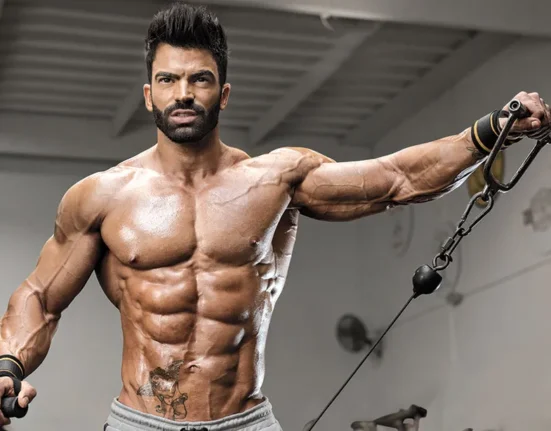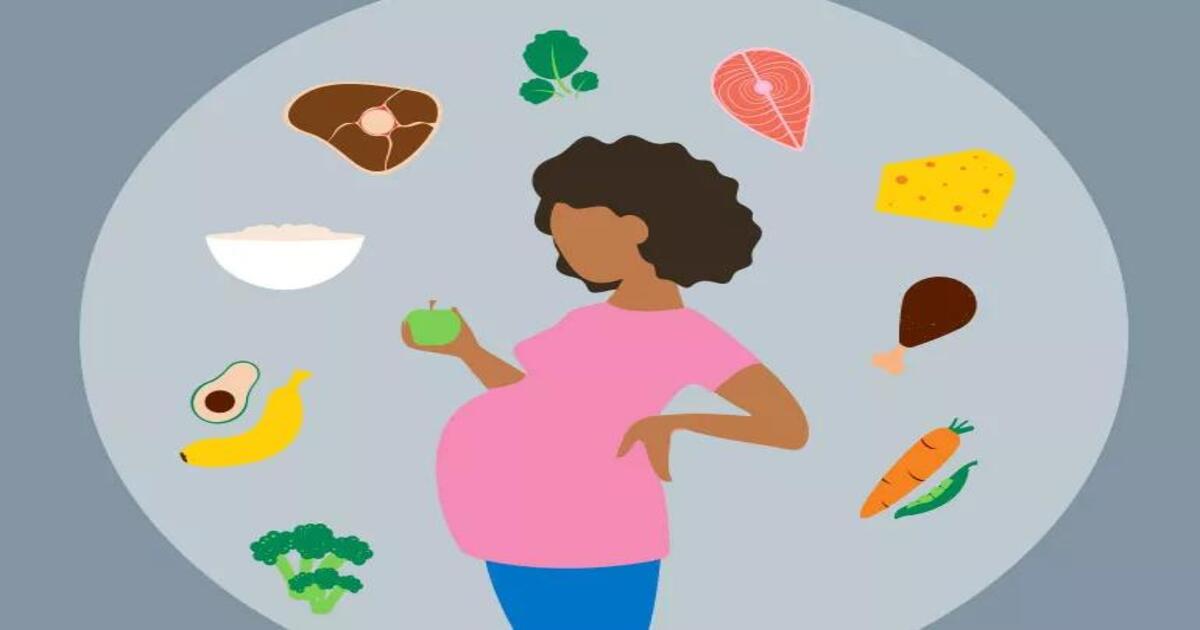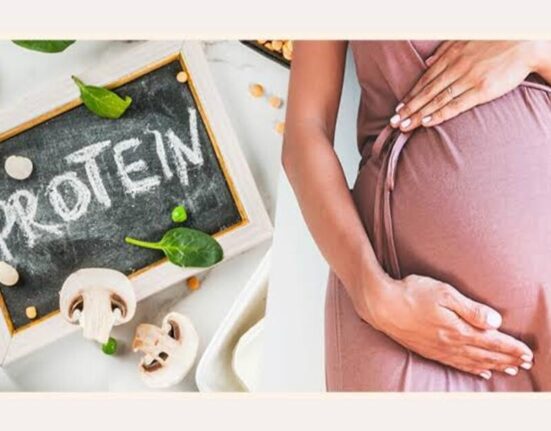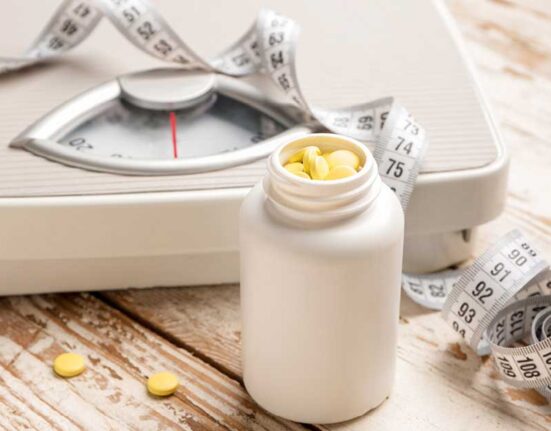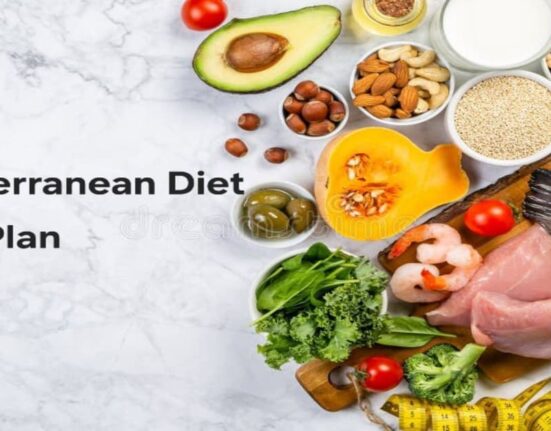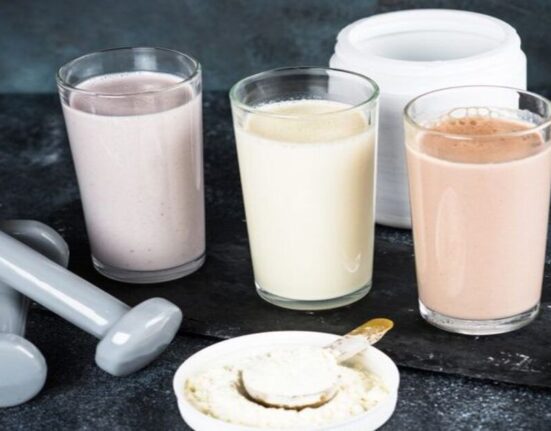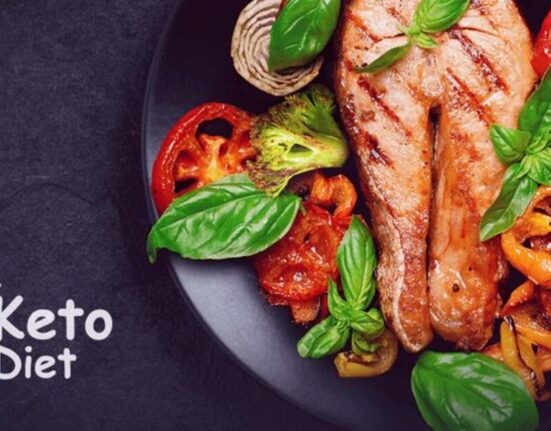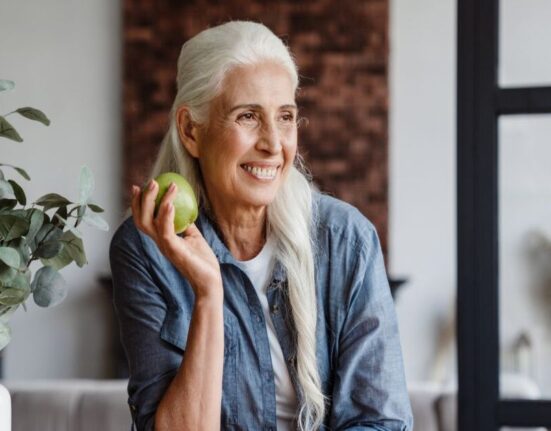Pregnancy is a special journey, full of mixed feelings joy on one side and worry on the other. And in the middle of all that, one big question always comes up: “What should I eat to make sure both me and my baby stay healthy?” The truth is, choosing the right pregnancy diet isn’t just a luxury; it’s the foundation your baby’s body builds on every cell, every organ. At the same time, it keeps your own energy steady while you go through those long months. If your diet is poor, you’ll likely feel weak and the baby’s growth may be delayed. But if your meals are balanced, it’s like giving your baby a gift from the very first day.
The Basics of Nutrition During Pregnancy

Let’s start with the core idea: any successful pregnancy diet has to be based on balance. Your body is working overtime it’s literally building a whole new human, which means it needs extra fuel. Carbs, proteins, and healthy fats are the golden trio you simply can’t skip.
- Carbs: Not just any carbs, but complex ones like oats, sweet potatoes, and brown rice. They keep your blood sugar stable and help you feel full for longer.
- Proteins: The building blocks for your baby’s cells. Whether it’s lean meats or legumes, protein is a must in any clean eating plan during pregnancy.
- Healthy fats: Avocados, nuts, and olive oil. They don’t just give you energy but also support your baby’s brain and nervous system development.
And don’t forget water. Many moms-to-be complain about headaches or dizziness, and often the reason is simple: not enough fluids. Staying hydrated helps avoid constipation and keeps blood circulation smooth for both you and the baby.
Why Is Diet So Important in Pregnancy?
What some first-time moms don’t realize is that everything you eat turns into either energy or building blocks for your baby. The iron in your juice, the calcium in a glass of milk, even the protein in a piece of chicken—all of it goes into forming your child’s brain, bones, and organs. So, your daily choices aren’t optional; they literally shape a human being.
I remember when my friend was pregnant for the first time. She thought she had to “eat for two,” until her doctor explained that it’s not about eating double it’s about eating better.
Read also: One to One Diet for Fast Weight Loss
Key Foods to Focus On

If we dig a little deeper, there are some foods that should be the backbone of any pregnancy diet:
- Proteins: Chicken breast, eggs, beans, and lentils. These help your baby’s tissues and organs grow properly.
- Calcium: Milk, yogurt, cheese, or other dairy products ensure strong bones and teeth for your baby. If you don’t get enough, your body will pull calcium from your own bones.
- Iron: One of the most common problems during pregnancy is low iron. Add spinach, liver, red meat, or lentils to your weekly meal plan to prevent anemia and stay energized.
- Omega-3: A magical nutrient for brain and eye development. Salmon and sardines are safe and great sources.
- Fruits and veggies: Packed with fiber and natural vitamins, they help digestion and keep your immunity strong.1
Essential Supplements
Even with the most balanced pregnancy diet, it’s hard to get everything your body needs just from food. That’s where supplements come in.
- Folic acid: Doctors recommend it before pregnancy and especially in the first 3 months, since it reduces the risk of birth defects.
- Iron: Protects you from anemia, which often causes dizziness and constant fatigue.
- Vitamin D and calcium: Support healthy bones and teeth for both you and your baby.
- But here’s the thing: supplements are just a support system, not a replacement. No matter how many you take, your pregnancy-friendly recipes still need to be full of real, healthy food.
Foods to Avoid During Pregnancy

Some foods just don’t belong in a pregnancy diet. Even if you love them, the risk isn’t worth it:
- High-mercury fish like big tuna or swordfish
- Raw or undercooked meat
- Unpasteurized cheeses
- Too much caffeine (a small cup is okay, but cut down if you drink a lot)
- Processed foods and soda loaded with sugar and preservatives that do nothing for you
Read also: Simple Heart Healthy Diet Tips
Example of a Daily Meal Plan
To make it easier, here’s a simple sample for a day’s meals:
- Breakfast: Oatmeal with low-fat milk, honey, and nuts. A perfect start to a healthy pregnancy diet.
- Snack: Yogurt with berries or an apple.
- Lunch: Grilled chicken breast with brown rice and steamed veggies.
- Snack: A handful of nuts or hummus with tahini.
- Dinner: Grilled fish with sautéed veggies, or a veggie omelet.
Healthy Lifestyle Tips Alongside Your Diet
A pregnancy diet isn’t enough on its own. Pair it with a healthy lifestyle. A 30-minute walk or some prenatal yoga boosts blood flow and reduces swelling. Good sleep helps your body recover and lowers stress. And don’t underestimate your mood staying calm and positive makes pregnancy so much easier to enjoy.2
Common Myths About Pregnancy Nutrition

There’s a lot of talk about pregnancy-friendly recipes, but not everything you hear is true:
- “Pregnant women should eat for two.” Wrong. You just need a small calorie increase, not double portions.
- “Sugar gives you more energy.” Actually, it spikes your energy quickly but then leaves you drained.
- “Supplements can replace food.” Nope. Food is the base; supplements are just backup.
Conclusion
Choosing the right pregnancy diet isn’t about controlling your weight or energy only it’s the foundation of your baby’s health from day one. Nutritious food, enough water, good sleep, and light activity are the four pillars that make pregnancy smoother and more enjoyable.
Read also: Best Diet for Kidney Disease: Foods to Eat and Avoid
Reference

